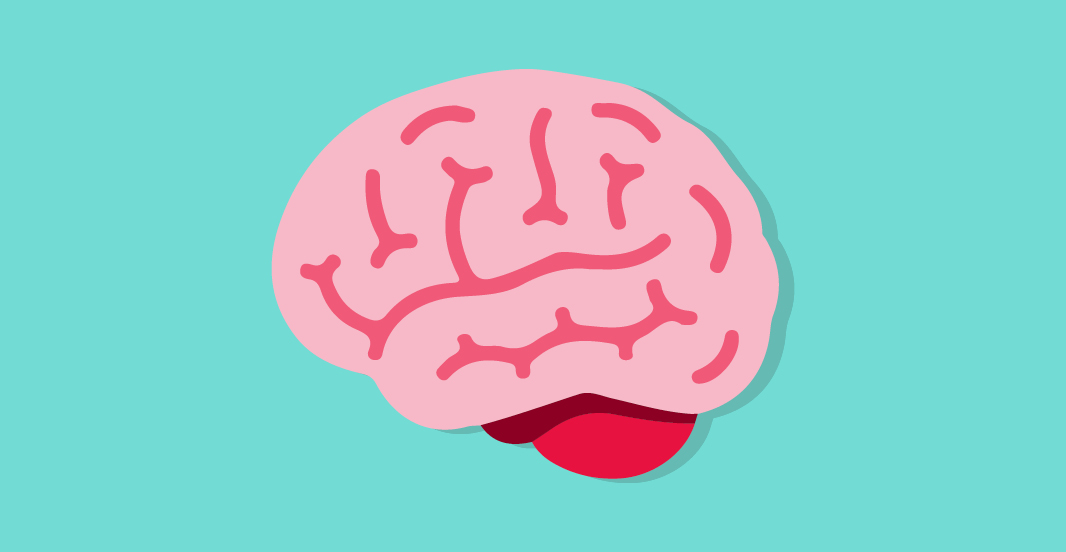International Brain Tumour Awareness Week is being held from Saturday 28 October to Saturday 4 November. To mark the occasion we wanted to celebrate some of our international partners across the globe.
We simply couldn’t do what we do without our international supporters, whether you’re an advocate in America, a neurosurgeon saving lives in Scandinavia or a fundraiser from Down Under!
Supporting people diagnosed with brain tumours across the world!
Shining a spotlight on Dr Susan Chang
Dr Susan Chang is a member of our Scientific Advisory Board and a neuro-oncologist in the US.
She’s the co-leader of the Neuro-Oncology program at the University of California San Francisco (UCSF) Helen Diller Family Comprehensive Cancer Center. The Center provides exceptional care to patients and their loved ones with information, emotional support, community resources, and other specialized programs.
Dr Chang is also medical director of the UCSF Neuro-Oncology Gordon Caregiver Program, developed to address the needs of family members and others who care for patients with brain tumours.
Earlier this year, we were honoured to host Dr Chang for a Learning Lunch where we learned more about the amazing work she does in the USA to improve the lives brain tumour patients and their families.
You can find out more about the programmes she oversees and learn how they help enhance care for patients and their families using the link below.
Making some noise for We Can Kick It Founder and Director Adrian Conoboy
Adrian Conoboy MBE is the Founder and Director of We Can Kick It, a charity that harnesses the power of football (or soccer for many of our international readers) to help children cope with cancer.
In 2016, Adrian was living in New York and loving every minute of his job as a football coach. But after a sudden seizure, he was diagnosed with a brain tumour. There had been no warning signs and Adrian’s life changed radically overnight.
After brain surgery, he embarked on a treatment programme of chemotherapy and radiation. A grueling 18 months of speech, occupational and physical therapy followed his treatment.
While Adrian was undergoing treatment, he had the inspiration to use the healing power of football to help other families. He set up set up We Can Kick It in 2018 to offer free soccer clinics for children with cancer.
“One of the hardest parts of cancer is learning to navigate the new normal. Life doesn’t snap back when your hair grows back or you ring that bell. You might have weakness on one side, not have grown as tall as your peers, feel conscious of your scars, and fell behind because of hospital appointments.
“When the kids are on the field they have the chance to forget some of their worries and just be a kid. Seeing the joy and confidence our clinics give the children is amazing. They are just kids having fun, playing a game that they love, in a supportive and encouraging environment.”
Shouting out Black in Cancer
Black in Cancer is an organisation that aims to address the unmet need of scientific and medical communication in the Black community. The organisation operates in the US and the UK, with one of its goals being to unite Black communities and foster environments where conversions about health are not taboo. They help debunk cancer myths, raise awareness about cancer health and promote family communication around hereditary cancer.
Going forward, Black in Cancer is aiming to create resources for the Black community that simplify science jargon. As well as breaking down complex cancer health statistics to make them easily comprehensible to nonscientists. They also want to improve representation in clinical trials, so that new treatments work for everybody. In addition to this, Black in Cancer is focused on supporting Black researchers in the cancer space through mentorship and grants.
Celebrating our international fundraisers for International Brain Tumour Awareness Week!
From the Berlin Marathon and Everest in the Alps to our Machu Picchu trek and The Lewis Moody Foundation’s Western Front Way Cycle, we’re so lucky to have so many incredible supporters that fundraise for us internationally.
Here are just a few of the great international fundraising stories that we’ve enjoyed this year.
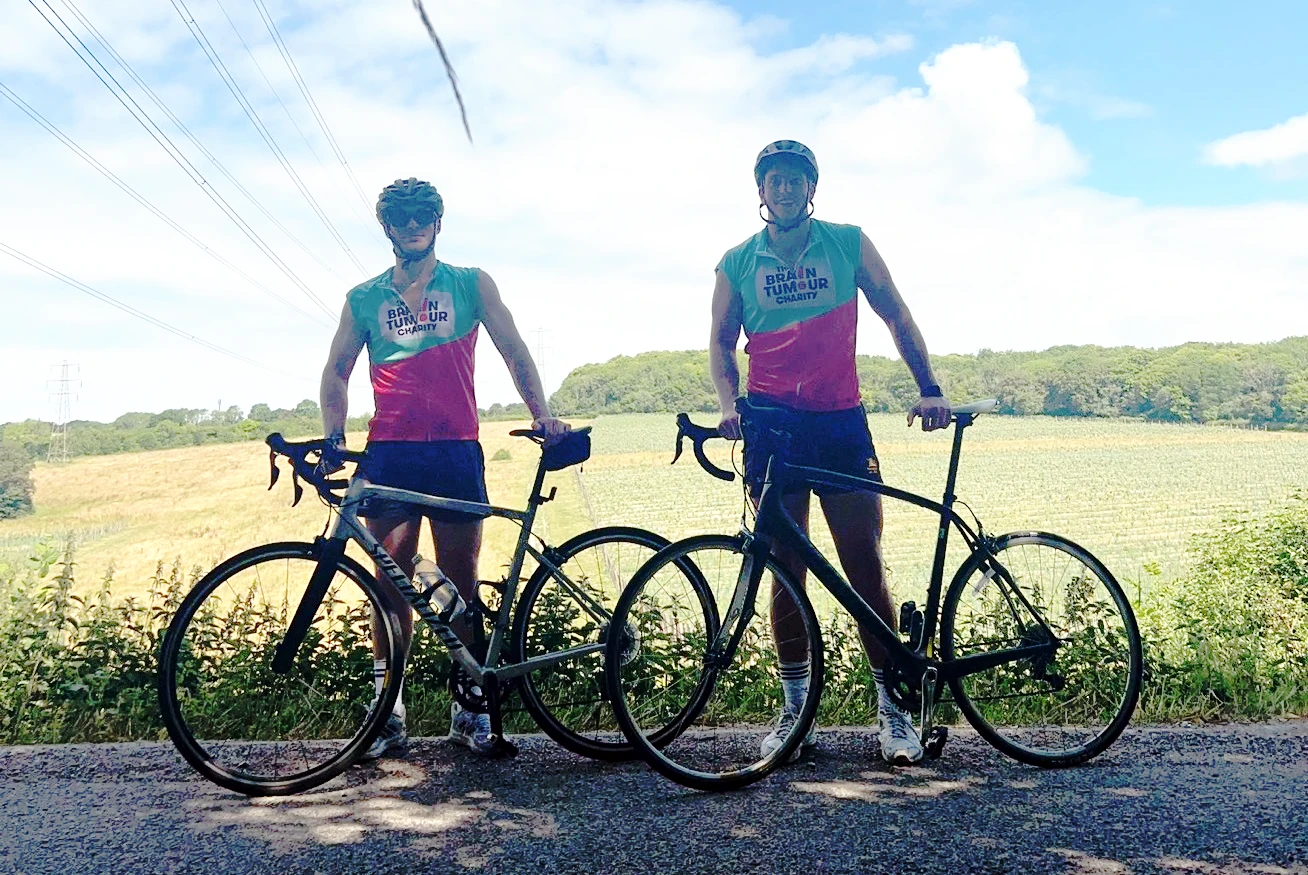
Fergus and Fin’s London to Paris Cycle
Two friends tcycle 300 miles, from London to Paris, in memory of Fergus’s brother Angus.
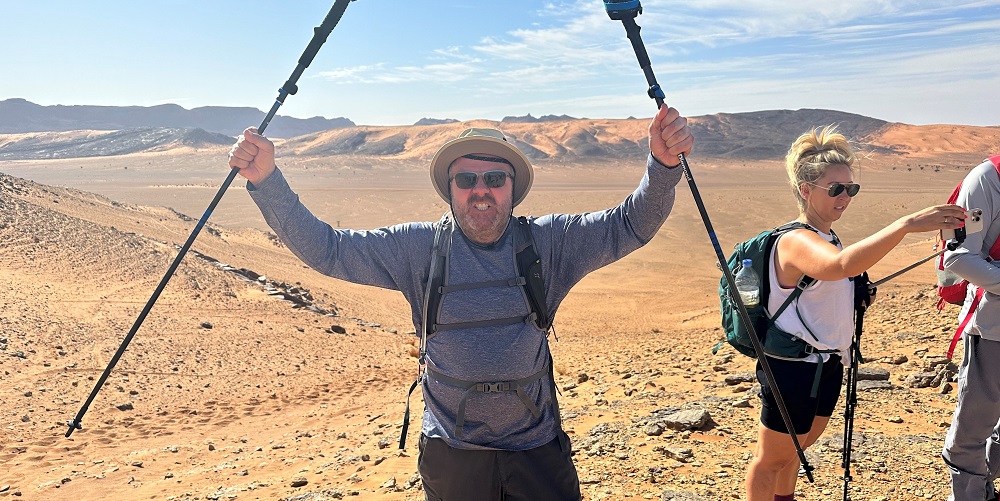
Hal Cruttenden treks the Sahara for charity!
Comedian, Hal Cruttenden takes on the 100 km Sahara Trek in aid of The Brain Tumour Charity.

All-women’s rowing team take on the Atlantic for charity
The women’s rowing team of three will be rowing over 3,000 nautical miles in the Talisker Atlantic Challenge.
Collaborating internationally on our new strategy!
This International Brain Tumour Awareness Week, we also wanted to celebrate some of the incredible international organisations that helped co-create our new strategy, Living Longer And Better. They’re just a handful of the organisations across the globe who continue to strive to improve the lives of everyone affected by a brain tumour diagnosis.
The American Brain Tumor Association (ABTA)
ABTA is the oldest nonprofit organisation dedicated to brain tumour education, support, and research in the US. ABTA aims to advance the understanding and treatment of brain tumors with the goals of improving, extending and, ultimately, saving the lives of those impacted by a brain tumor diagnosis.
They do this through interactions and engagements with brain tumour patients and their families, collaborations with allied groups and organizations, and the funding of brain tumour research.
The International Brain Tumour Alliance (IBTA)
IBTA is a global network that advocates for the best treatments, information, support and quality of life for brain tumour patients – wherever they live in the world.
By facilitating collaboration within the global neuro-oncology community and building bridges with all stakeholder groups, IBTA provides a strong, collective voice across the world, encouraging the establishment of brain tumour organisations in countries where they don’t yet exist, championing patients’ rights and focusing on healthcare policy and inequalities.
National Brain Tumor Society (NBTS)
NBTS unrelentingly invests in, mobilises, and unites the brain tumour community to discover a cure, deliver effective treatments, and advocate for patients and caregivers. They drive and influence best-in-class medical research to develop and deliver new innovative treatments and potential cures to brain tumour patients as quickly as possible. They convene, educate, and unite the brain tumour community.
Powering up research all over the world!
Did you know that we fund research all over the world? The global reach of our research network means that we’re able to invest in pioneering research led by the sharpest minds in medical research – no matter where they’re located!

Dr Tyler Miller
Understanding how immune cells block glioblastoma treatments
In this exciting project, Dr Miller and his team will focus on immunosuppressive cells found in glioblastomas, which are currently believed to be preventing breakthrough immunotherapies from attacking brain tumours.
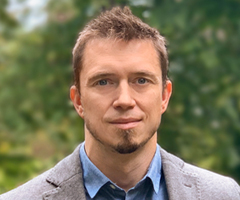
Dr Spencer Watson
Targeting treatment damage to stop recurrence
Dr Watson’s work will explore whether glial scars, formed in response to injury such as radiotherapy or surgery, provide a microenvironment that tumour cells can use as a safe space to relapse from.

Dr Mara De Martino
Shining a light on the role of lipid metabolism as a barrier to successful brain tumour treatment
Dr Mara De Martino at Weill Cornell Medicine is investigating the connection between lipid metabolism and immune escape in glioblastoma. Her goal is to identify molecules that promote treatment resistance and develop novel treatments targeting lipid pathways to enhance immunotherapy effectiveness against brain malignancies.
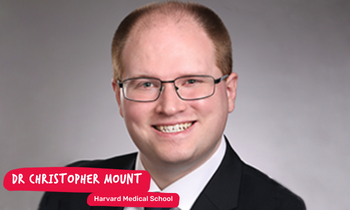
Dr Christopher Mount
Engineering cells of the immune system to target the complex mixtures of cells in adult and paediatric gliomas
Dr. Mount from Harvard Medical School is developing a new approach to treat gliomas by engineering immune cells to specifically identify and destroy multiple types of cells within the tumour.

Dr Gelareh Zadeh
Liquid biomarkers to change meningioma care
This project is advancing research into how aggressive meningiomas can be diagnosed and how their treatment responses can be predicted. In collaboration with a major UK-led clinical trial and using advanced artificial intelligence, the team are striving towards tomorrow’s clinical care.

Dr Angel Alvarez-Prado
Hijacking an innate immune mechanism present in all malignant cells
Dr Angel Alvarez-Prado at the University of Lausanne is developing a novel therapeutic approach to treat glioblastoma by inhibiting ADAR1 in combination with TME-targeted immunotherapies, targeting cancer cells and their supporting microenvironment.
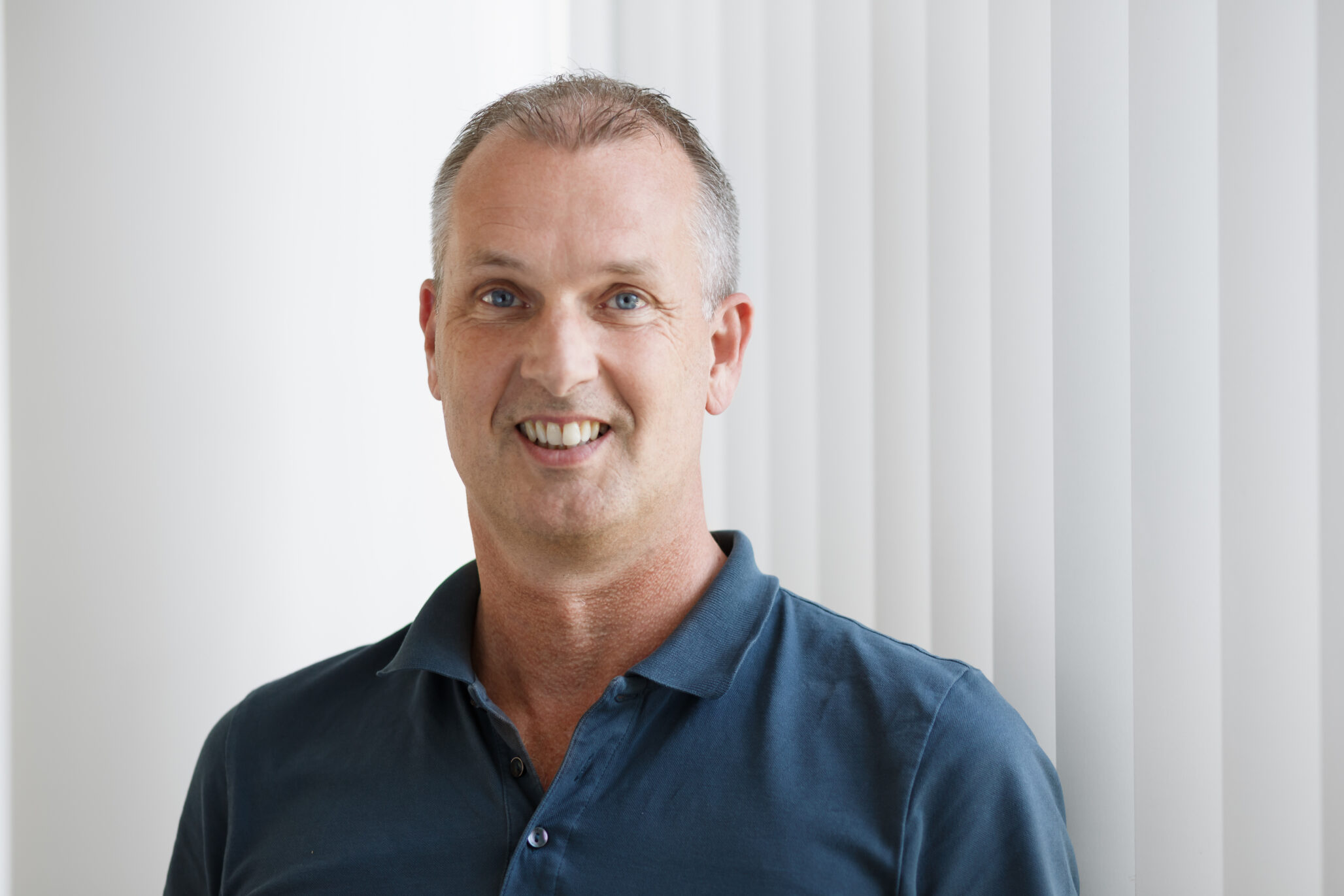
Professor Marcel Kool
Growing model brains
An international team of researchers, led by Professor Marcel Kool and Professor Esther Becker, will use new, advanced cell culture techniques – where researchers grow cells in a laboratory – to grow human organ structures from stem cells and study how tumours can develop.
The team hope that their work will aid the development of suitable treatments targeting different subgroups of medulloblastoma.
